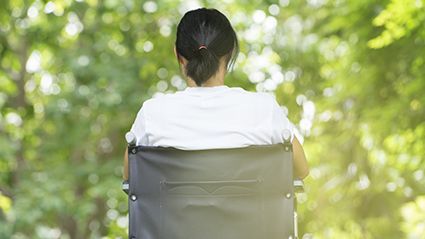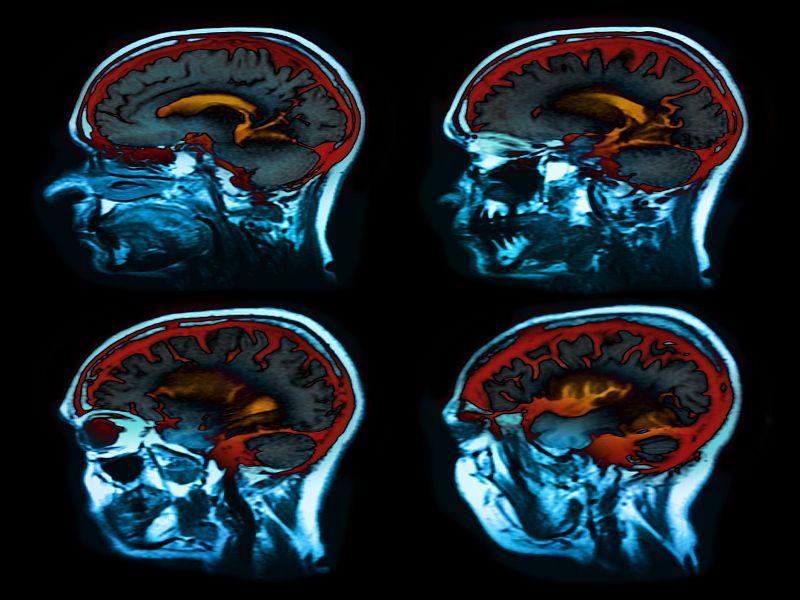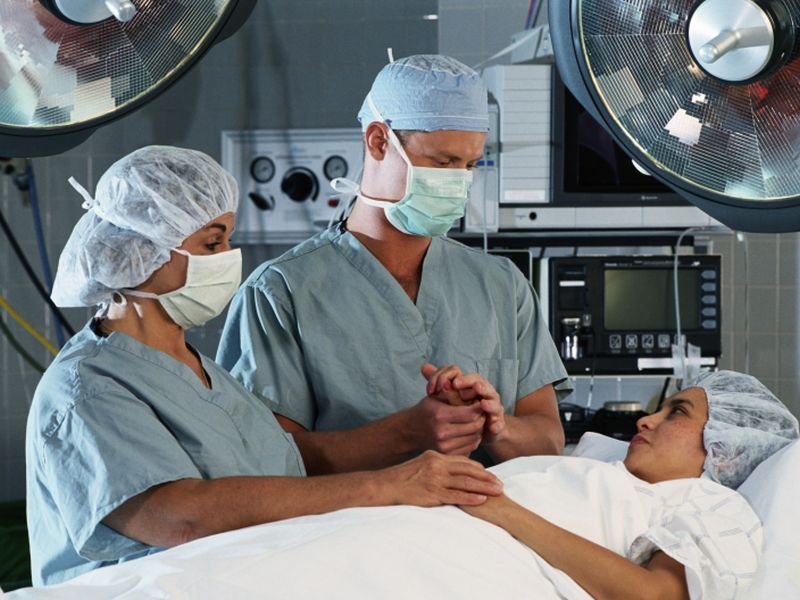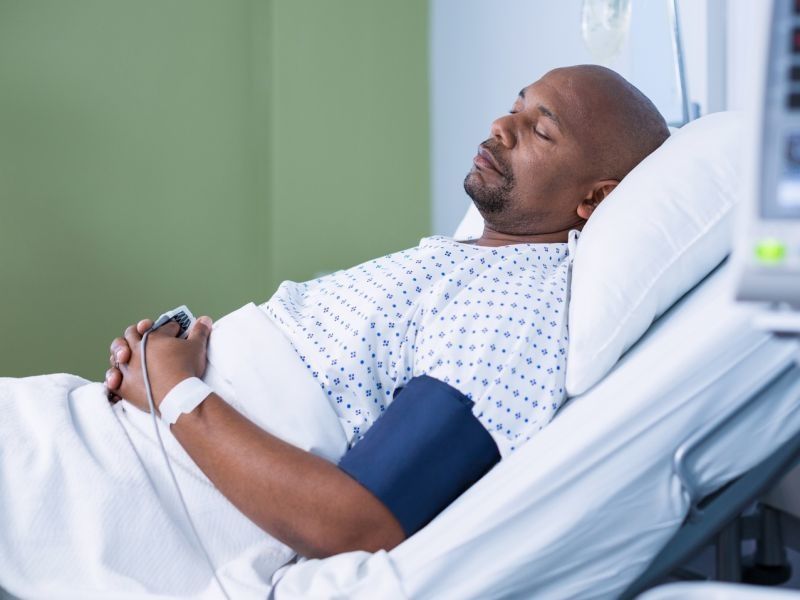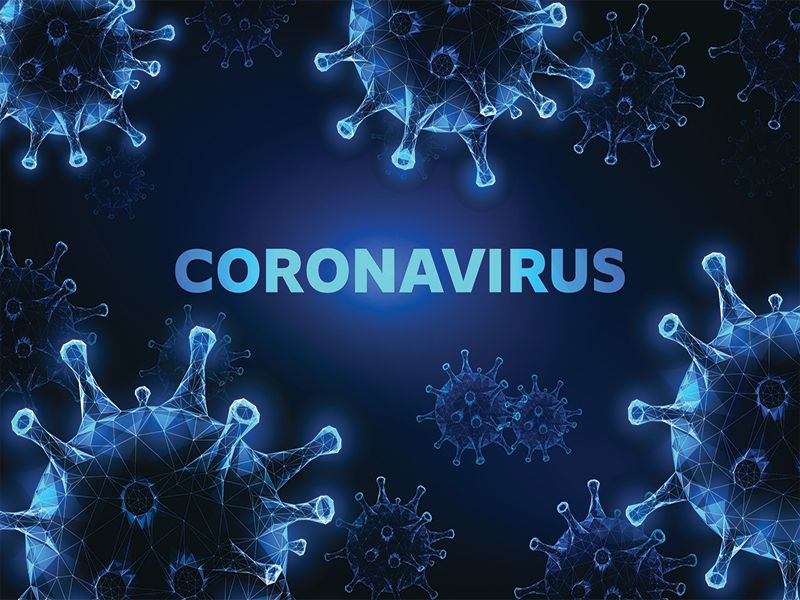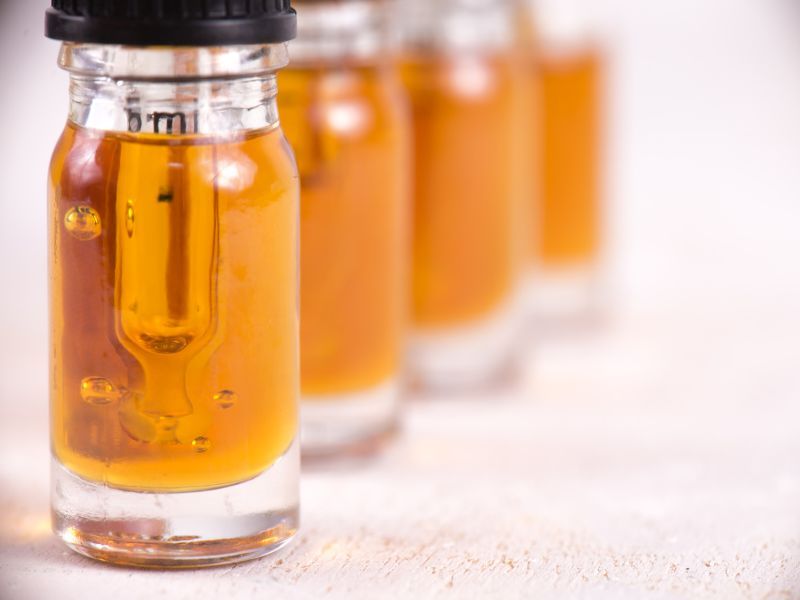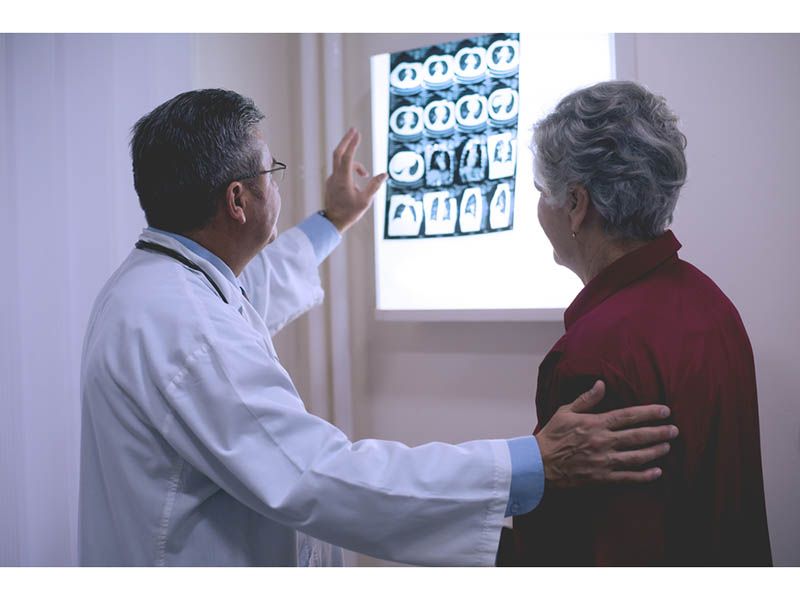
College football players suffer more concussions and head hits in practice than they do actually playing the game, a new study suggests. Across five seasons of football, 72% of concussions and 67% of head impacts incurred by players on six National Collegiate Athletic Association (NCAA) Division I teams happened during practice rather than on game… read on > read on >










